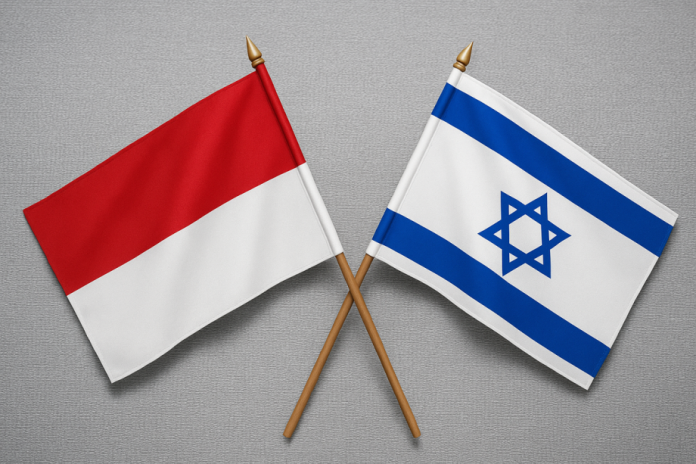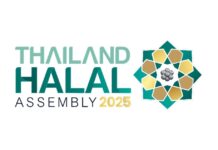Scholar Dr. Muhammad Zulfikar Rakhmat argues Indonesia’s embrace of Ormat Technologies, an Israeli-founded company, turns its pro-Palestine stance into hollow rhetoric and complicity.
Indonesia has long taken pride in its role as a defender of Palestine since the Sukarno era, rejecting diplomatic ties with Israel and consistently advocating Palestinian statehood. Most recently, on this year’s Independence Day, President Prabowo oversaw aid drops into Gaza, while the foreign minister reiterated the position at multilateral forums. The Indonesian Ulema Council has even issued a fatwa banning indirect support for Israel.
However, Dr. Muhammad Zulfikar Rakhmat, Director of the Indonesia-MENA Desk at the Centre for Economic and Law Studies (CELIOS) in Jakarta and Research Affiliate at the Middle East Institute, National University of Singapore, pointed out that Indonesia is simultaneously allowing Israeli-linked investments—particularly through Ormat Technologies, a geothermal energy giant founded in Israel. Ormat holds major stakes in the Ijen project (East Java), Sarulla (North Sumatra), a unit in North Sulawesi, and is expanding into Maluku—all of which sit at the heart of Indonesia’s “green energy” future.
In an article published in Middle East Monitor on 21 August 2025, Dr. Rakhmat stressed that this is not merely inconsistency, but “hypocrisy” that undermines the Palestinian struggle. He revealed that communities in Bondowoso near Ijen have reported contaminated water, destroyed farmland, school closures due to powerful explosions, and toxic gas emissions. In Maluku, indigenous communities opposing the project were criminalized and forcibly evicted from their ancestral land.
Dr. Rakhmat further explained that Israel uses companies like Ormat as instruments of influence through the Hasbara Fellowship program, which brings young people—including Indonesians—to train in Jerusalem before returning home to polish Israel’s image. At the same time, leading universities such as the Bandung Institute of Technology (ITB) partnered with Ormat to launch a geothermal master’s program in 2025, which he described as a form of “political whitewashing.”
Ormat itself is not free of controversy. In 2021, Hindenburg Research exposed allegations of bribery, money laundering, and corruption tied to its projects in Guatemala, Kenya, and Honduras. Israeli prosecutors have also investigated company officials for bribery and securities fraud. Yet, the firm has been embraced as a strategic energy partner in Jakarta.
Dr. Rakhmat emphasized that Indonesia has no need to rely on Israeli-linked capital, as it has viable alternatives from Japan, South Korea, China, and the European Union. If the government is truly serious about supporting Palestine, he argued, it must cancel Ormat’s contracts, bar Israeli-linked companies from future deals, and order universities to end such partnerships.
He concluded unequivocally: “No investment deal can conceal complicity, and no contract is worth the betrayal of an occupied people.”



